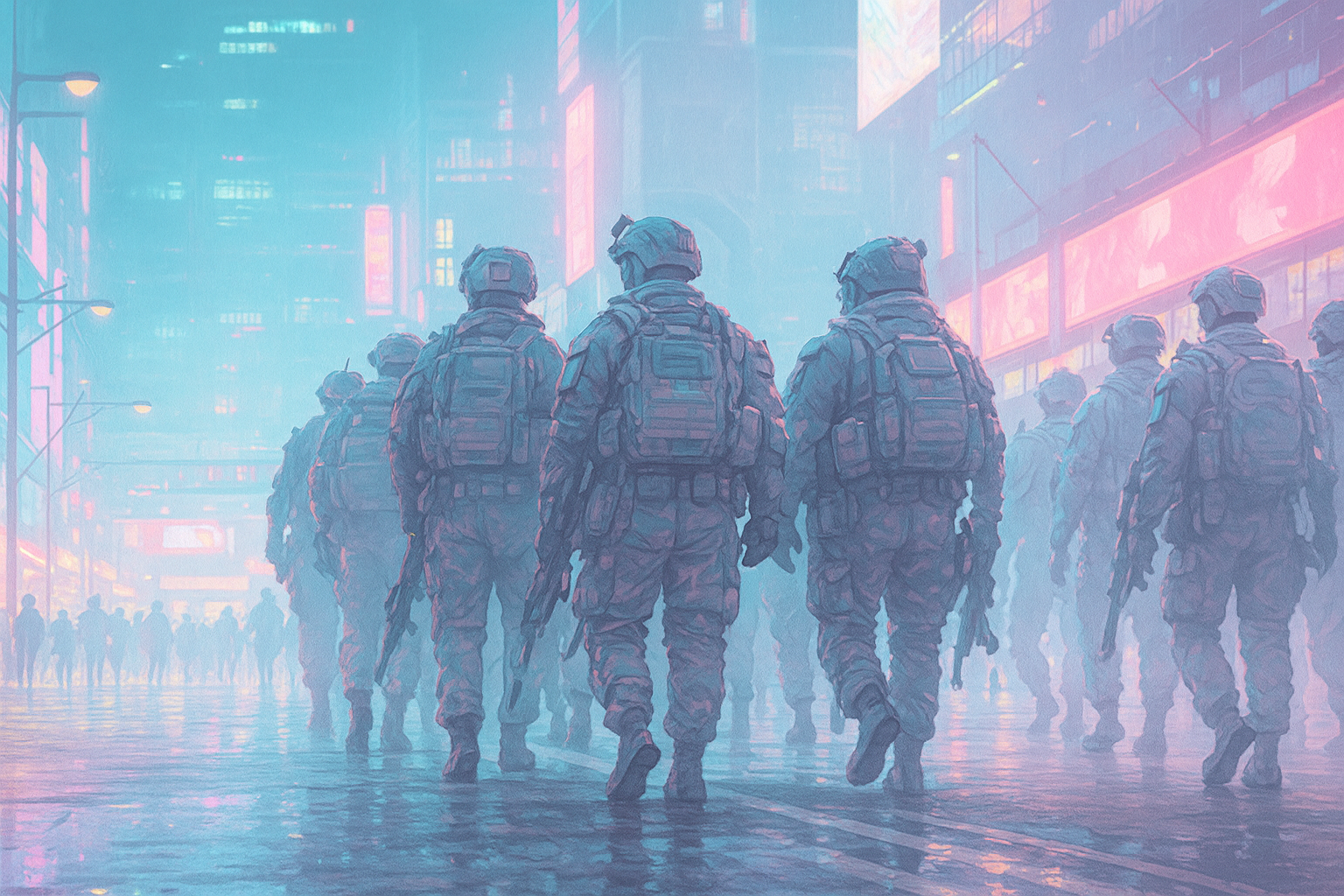
During the last decade, fantasy fans were served promptly by the major studios. However, in 2019, Avengers Endgame wrapped up the third phase of the Marvel Universe, Star Wars IX: The Rise of Skywalker marked the end of the last trilogy, and season 8 of Game of Thrones meant the (preliminary) end of Westeros. Then it became quiet, “winter came”. A year later, COVID caused cinemas to close and productions to be postponed, complicating things even further. Although lockdowns spurred streaming media consumption, fantasy fans weren’t exactly spoiled. Consequently, since last year, most customer attention has turned to gaming, which has shown remarkable growth figures and is the preferred medium for younger generations. And with lockdowns ending, some media firms even fear an “attention recession”.Yet, this might be a bit exaggerated. Behind the screens, the major studios are preparing a new cycle of high-budget fantasy adaptations, which will strongly influence the outcome of the streaming wars in the next decade, determine box offices, and could forever change theatrical window strategies (to only name a few: Lord of the Rings (2022) on Prime, Foundation (2021) on Apple TV+, and House of the Dragon (2022) on HBO max. These modern fantasy worlds are built around epic stories, comics and nostalgia that will remain attractive to aging generations. And while we are accustomed to radically prefer the art of moviemaking to that of gaming, Hollywood seems to have begun embracing gaming IP. In the next fantasy cycle, gaming IP might even become one of the most important sources of fantasy adaptations (e.g., Halo (2022) and The Last of Us (2022)).

